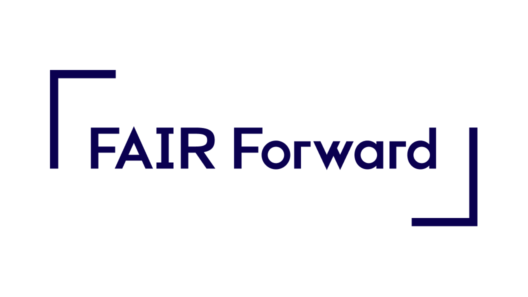At a glance
Ghana continues to face the challenge of creating meaningful economic and social opportunities for its young and rapidly growing population. Although the economy has expanded in recent years, this growth has not kept pace with the demand for productive and decent jobs, resulting in widespread underemployment and unstable working conditions, especially for young people. Income and tenure inequalities remain significant, and women still encounter barriers in access to work, including lower earnings and limited career progression. Start-ups and small enterprises drive much of Ghana’s economy, yet their growth is held back by low productivity, limited skills, and restricted access to finance within an increasingly competitive global market. Digital technologies offer new opportunities but also require adaptation, particularly as climate change increases risks in sectors such as agriculture. To help address these challenges, the Digital Transformation Center Ghana, established in 2020, supports the government and local digital ecosystems to develop inclusive digital solutions, strengthen innovation and technical skills, and expand access to the internet.
Our approach
The Digital Transformation Center Ghana works with a broad spectrum of political, private-sector and civil-society partners. This ensures that the opportunities and risks of the digital transformation are equally addressed. This approach creates conditions not only for elites but also for wider sections of the Ghanaian population to benefit from digital innovations – especially women, young people and people with disabilities. To close the gender digital divide, the Digital Transformation Center Ghana follows a gender transformative approach, meaning that both men and women are engaged in promoting gender equality and changing current gender norms. The following projects are presented in the Digital Transformation Ghana:















